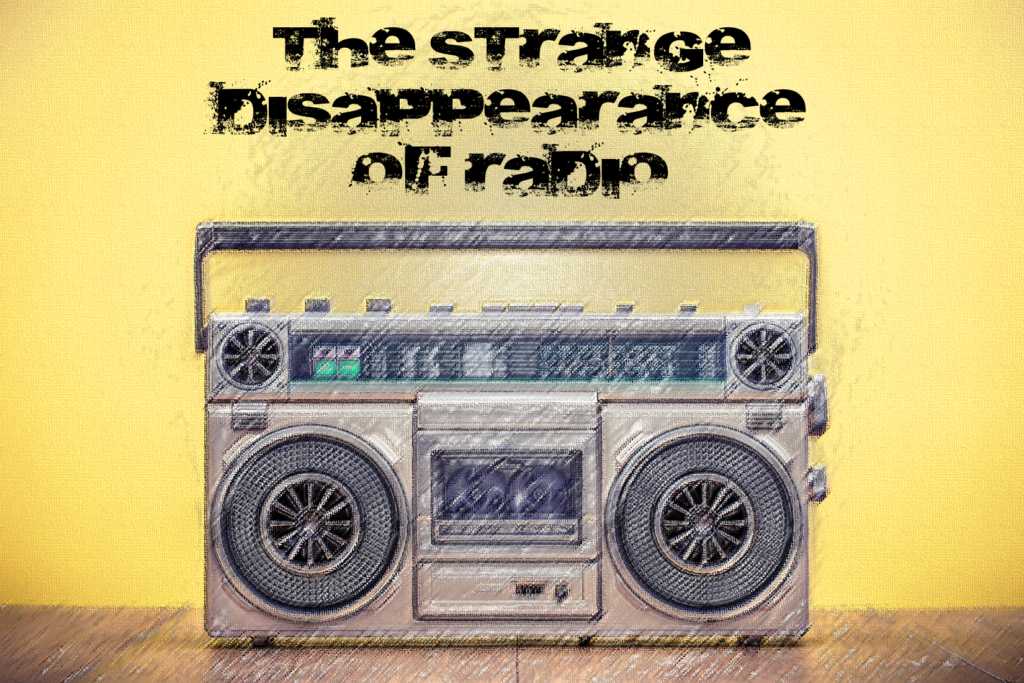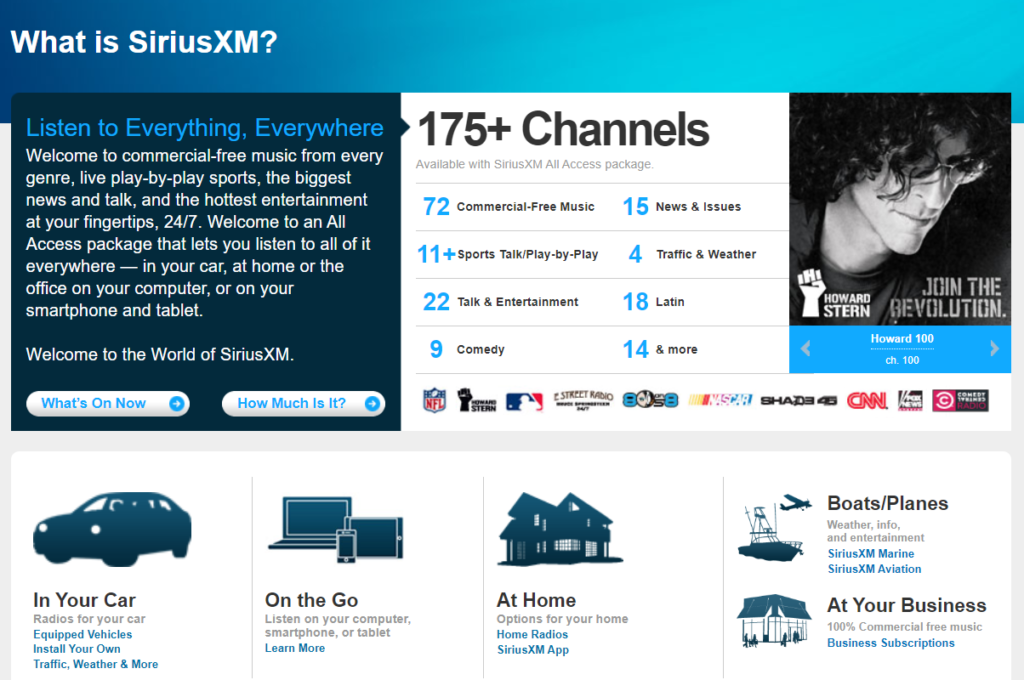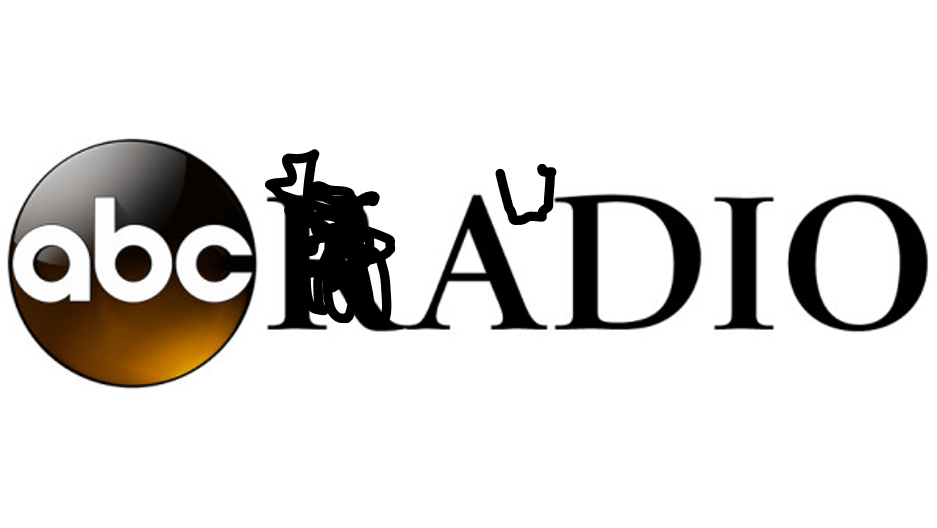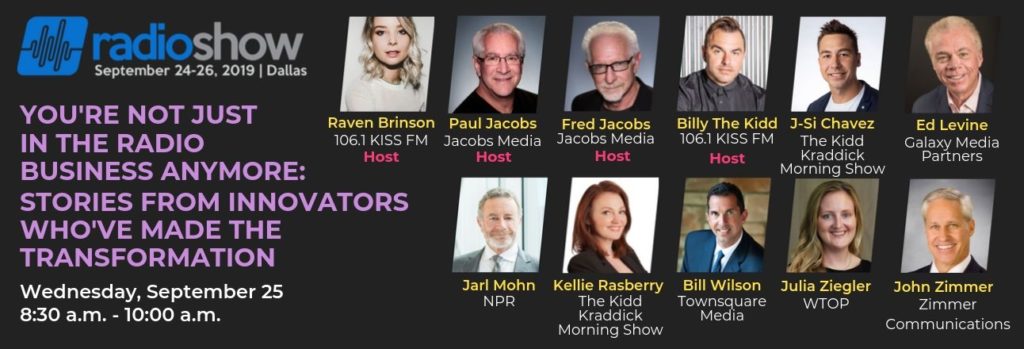
Socks. Check.
Shaving cream. Check.
Umbrella. Check.
AM/FM radio. Check.
Everyone’s got a checklist when a couple thousand or so industry pros make the trek to The Radio Show (this year subtitled “REIMAGINED”). As an industry, we’re meeting up in Dallas with many questions about broadcast radio and where it’s heading in 2020.
If you’re wondering why there’s a battery powered radio on my luggage list, it’s because I’ve learned (the hard way) that hotels increasingly don’t furnish radios in their room. The Anatole may be an exception, but I’m taking my own radio just in case. These days, hotel TVs are connected to Netflix and Hulu, and there’s often an iHome-like device on the nightstand. And increasingly, an Alexa.
But a radio? Good luck with that.
Today’s blog post – “The strange disappearance of radio” – sounds like a true crime podcast. But this post is not a fictional account of radios mysteriously vanishing from people’s homes and workplaces. That’s a well known story that’s been going on for years.
But thanks to streaming, and gadgets like mobile phones and smart speakers, radio broadcasters have new ways to ensure Americans will be able to receive their content, even as technology changes.
No, today’s post is about “radio” doing a disappearing act across a wide spectrum of audio products, platforms, and brands. Back when they first launched, Pandora and Spotify always tacked “radio” onto their names to explain what its service was all about to consumers. A big part of their strategy was to convince music lovers how their streaming service echoed radio as a form of entertainment.
But a look at their websites today reveal the R-word has quietly gone missing in action. It’s not in the header, the descriptor of either Pandora or Spotify. In fact you’re hard-pressed to find “radio” anywhere in plain sight. You will see the terms “stations,” but there’s no sign of “radio” on their home pages or on their “about us” pages:

Now in fairness, they may not be the biggest music streaming services, but players like Slacker Radio and AccuRadio – to name just a couple – continue to prominently feature “radio” on their websites, as well as embedded in their brand names.
Yet, even SiriusXM appears to have diminished the use of “radio” in its brand descriptors, web materials, and in other high-profile places. True, a number of their “radio stations” occupy the flipper position where you see Howard Stern (pictured below right), but where they once strongly positioned their service as a better version of “radio,” that language does not seem to be a part of their online positioning strategy. In their brand definition, they almost have gone out of their way to avoid it.

And they’re not alone. The “R-word” may be on the endangered buzzword list.
Julia Ziegler, Digital News Director of WTOP, will be one of the featured speakers at our opening session at The Radio Show Wednesday morning, along with other luminaries and innovators who have transformed their businesses and their brands. As she will explain to attendees, WTOP increasingly refers to their content as “live audio product” – not “radio.” That’s because it lives on many different distribution platforms – of which radio is one.
And that’s why last Friday’s announcement from ABC Radio was so powerful, and so timely heading into The Radio Show. They will now be known as ABC Audio (that’s my cheesy rendering below).

But ABC is not alone, joining many other traditional broadcasters who have dropped “radio” and replaced it with “media” or “audio.”
These rebranding efforts say less about “radio” as a medium, but more about the fact that broadcasters are now acknowledging their content is being disseminated on many different channels and platforms. Interestingly, video is one of these, as more companies invest significant human and financial resources into content that is visually based. And that goes well beyond “audio.”
These are all fascinating ideas to ponder as we gather in Dallas this week, and there’s no question they will be discussed and debated – in many sessions as well as at dinners, parties, and social gatherings splattered throughout the week.
Our Wednesday morning session is aptly titled “You’re not just in the radio business anymore.” And we’re excited to feature transformative radio professionals successfully guiding their companies, their brands, and their personal careers through an unpredictable media landscape.
These are the conversations that should be happening in our business, as its leaders face the challenge of navigating through unstable, uncertain, disruptive times. With dynamic speakers from Gary Vaynerchuk to Charlotte Jones Anderson, and sessions and panels designed to stretch our thinking, we’re excited to be part of it.
But it seems to me that what’s at issue has little to do with the precise language we end up using to brand our businesses, and everything to do with the strategy and execution we bring to the media party in 2020. It is one thing to say we have a renewed focus on apps, skills, videos, and podcasts, and others to publish content, feature personalities, and connect with our communities in meaningful ways. What level of engagement and entertainment will traditional broadcasters bring to these new platforms? And how can we remain competitive and relevant in a rapidly changing environment?
So, perhaps it has less to do with what we call ourselves and more to do with how we conduct ourselves.
On that note, see you at The RADIO Show!
Join us Wednesday at 8:30am for “You’re Not Just In The Radio Business Anymore: Stories from Innovators Who’ve Made The Transformation.”

- Media And Technology In 2025: Believe It Or Not! - April 18, 2025
- In Radio, You Just Never Know - April 17, 2025
- The Secret To Making A Great Podcast (And Great Radio) - April 16, 2025




Remember that brief moment in time when the word ‘podcast’ was considered passe because iPods had been replaced by iPhones, and some of the intelligentsia were pushing the phrase ‘listen on demand’ instead?…Cute. Call it ‘audio’ if you like. We’ll still be ‘radio’ in 6 months, and surviving another round of prognostication about our impending doom.
I’m in your camp, Richard. Audio is experiencing a renaissance, to be sure. Radio’s staying power is indisputable. Thanks for the comment.
….so what’s next?
An Elvis Costello song called “Audio, Audio”?
Smh.
It just doesn’t have the same ring, does it?
Call it what you want, the medium is the message. And that message should be for Talk Radio- Express your opinion in a dignified way and be prepared to discuss, debate, and change your mind.
Thanks, Mark.
If people are leaving radio and turning to other sources for their music, then radio has no one to blame but itself. Most of these other sources like Spotify, Pandora, You Tube and even Satellite Radio are nothing more than glorified juke boxes. No live air personalities talking to us. Just button pushing music. Radio has the ability to stand above this new technology. But only if it maintains the “human” factor. I don’t mind if the D.J. accidentally sneezes on the air. It means he or she is really there.
It’s part of the charm…and the authenticity. Thanks for the comment, Curt.
I’m still in the “radio” camp. Of course you make your product visible and accessible anywhere and any way your audience wants it, but radio is a powerful, legendary medium.
Most everyone I’ve ever met and talked to about it has a moment where radio, live, free content, impacted their life. It may not be as trendy as “digital” but it’s lasted and made a personal difference to millions. And that’s not a word I’m willing to discard or surrender the power of.
“Live audio product” is like “processed cheese food.” Give me Vermont cheddar any day.
Thanks for a solid comment, Matt. There’s still lots of gas in the tank for “radio.”